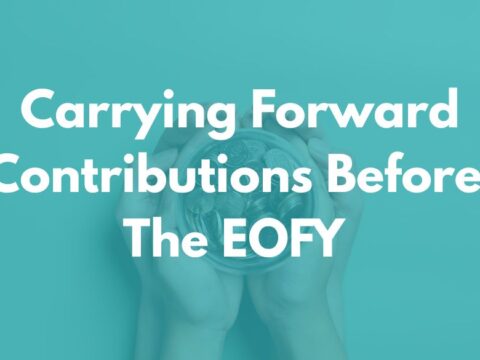Property Owners – A Warning About Bond Money
Did you know that money received as a bond from a tenant and retained after they leave your rental property (e.g. for damages, repairs, or rent owing) needs to be reported on your return?
Recently, the ATO has updated its “rental bond data matching” protocol, which now includes data from various sources such as property managers, banks, landlord insurers, and sharing economy providers.
The purpose of this data matching program is to provide the ATO with insights into the Australian rental market, specifically focusing on identifying tax risks associated with under-reporting or non-reporting of rental income, misapplication of capital gains tax provisions, and non-compliance with foreign investment laws.
It’s essential to note that while many landlords remember to include regular rent received in their tax returns, any bond money retained is often overlooked.
If you have retained any bond money from rental properties, it is crucial to report this as income in your tax return.
Failure to report retained bond money can result in serious consequences, including penalties and potential audits by the ATO.
Therefore, if you still need to disclose any rent or bond money retained in your tax return, please lodge an amendment as soon as possible to rectify this oversight, or let us know so we can assist.
As your trusted adviser, we are here to assist you in ensuring compliance with tax obligations and addressing any concerns or questions you may have regarding rental income reporting. Do not hesitate to contact us if you require assistance or clarification.
IMPORTANT NOTICE
This blog post contains general information only and has been prepared by Allworths without reference to your objectives, financial situation or needs. Allworths cannot guarantee the accuracy, completeness or timeliness of the information contained here. By making this information available to you, we are not providing professional advice or recommendations. Before acting on any of the information contained here, you should seek professional advice.




